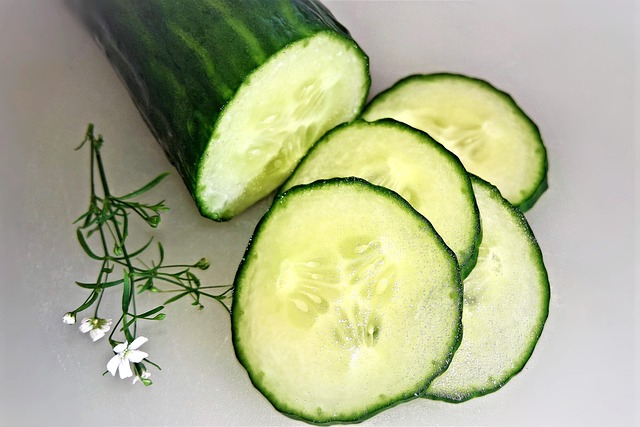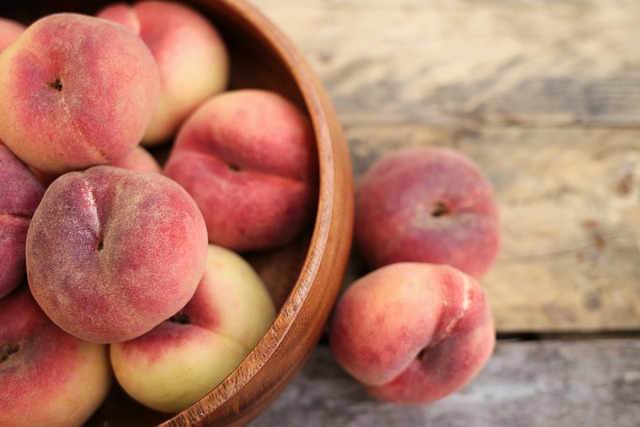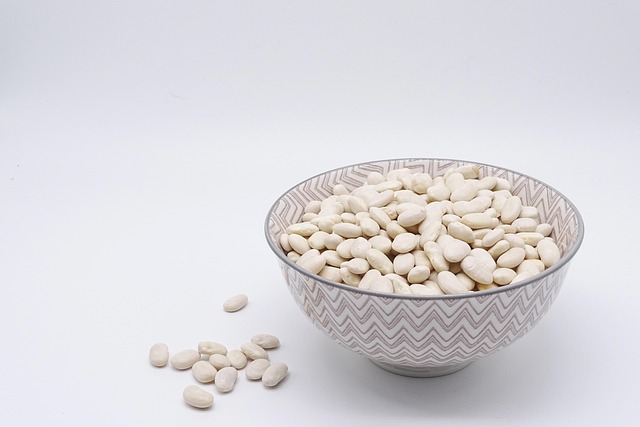When it comes to foods that are low in calories yet high in nutrition, the cucumber often takes the spotlight. Its crisp texture and mild flavor make it a versatile staple in many healthy diets worldwide. This article explores the remarkable benefits of incorporating cucumber into everyday meals, offers practical usage ideas, and provides tips for maximizing its health potential.
1. A Natural Hydration Boost
Cucumbers are composed of roughly 95% water, which means they help keep the body hydrated without adding extra calories. Consuming cucumber can support the body’s fluid balance, particularly during hot weather or after exercise. The high water content also aids digestion by helping to dissolve and transport nutrients efficiently through the digestive tract.
Because cucumber is also low in sodium, it doesn’t counteract its hydrating benefits. Pairing cucumber slices with a pinch of sea salt can enhance taste while maintaining a mild electrolyte profile that supports muscle function.
2. Rich in Vitamins and Minerals
Beyond water, cucumbers contain a range of essential micronutrients. A medium cucumber offers a modest amount of vitamin K, which plays a key role in bone health and blood clotting. It also provides vitamin C, a powerful antioxidant that protects cells from oxidative stress, and vitamin B5 (pantothenic acid), which supports energy metabolism.
- Vitamin K: 3.5 micrograms (4% of the daily value)
- Vitamin C: 2 milligrams (3% of the daily value)
- Potassium: 77 milligrams (2% of the daily value)
- Magnesium: 5 milligrams (1% of the daily value)
Although these amounts may seem small, consuming cucumbers as part of a varied diet contributes to the overall intake of these vital nutrients.
3. Low in Calories, High in Fiber
One cup of sliced cucumber provides only about 8 calories, yet it contains 0.5 grams of dietary fiber. Fiber is essential for maintaining healthy digestion and can help regulate blood sugar levels by slowing carbohydrate absorption. Additionally, fiber promotes satiety, which can aid in weight management by reducing overall calorie intake.
4. Antioxidant Profile and Anti-Inflammatory Properties
Cucumbers contain several antioxidant compounds, such as flavonoids (e.g., quercetin) and phenolic acids. These molecules neutralize free radicals, potentially lowering the risk of chronic diseases like heart disease and certain cancers. Anti-inflammatory benefits are also reported, with cucumber extracts demonstrating reductions in inflammatory markers in laboratory studies.
5. Culinary Versatility: Salads, Snacks, and More
One of the greatest advantages of cucumber is its adaptability across dishes. Whether raw, pickled, blended, or grilled, cucumbers can enhance flavor and texture while keeping meals light.
- Fresh salads: Combine cucumber with tomatoes, red onion, and a light vinaigrette for a refreshing side.
- Snack strips: Slice cucumber into sticks and serve with hummus or Greek yogurt dip for a low-calorie, satisfying crunch.
- Grilled: Marinate slices in olive oil, garlic, and herbs, then grill for a smoky flavor that works well with grilled fish or chicken.
- Pickled: Quick pickles can be made by soaking cucumber slices in vinegar, water, salt, and spices. They’re perfect for adding zing to sandwiches or salads.
- Smoothies: Blend cucumber with pineapple, mint, and lime for a hydrating, tropical drink.
Recipe Spotlight: Cucumber & Mint Yogurt Dip
This dip is creamy, cooling, and packed with probiotics from the yogurt, making it ideal for hot days. Its simple ingredients also ensure a quick prep time.
Ingredients: 1 cup plain Greek yogurt, 1 cup diced cucumber (seeded), 1 tablespoon chopped fresh mint, 1 teaspoon lemon juice, salt to taste.
Instructions: Combine all ingredients in a bowl, mix well, and chill for 20 minutes before serving.
6. Weight Management Support
Because cucumbers are calorie-dense but water and fiber-rich, they can help increase the feeling of fullness without adding significant energy. Incorporating cucumber into meals may reduce overall portion sizes and prevent overeating. A study published in the Journal of Nutrition found that adding cucumber to lunch increased satiety scores compared to a control meal lacking cucumber.
7. Skin Health and Anti-Aging Effects
Topical use of cucumber slices is a common home remedy for puffiness and eye bags. The high water content hydrates the skin, while antioxidants help protect against sun-induced damage. When eaten, the vitamins and minerals in cucumber support collagen formation and skin elasticity, contributing to a healthier complexion.
8. Easy Home-Grown Cucumber Tips
Growing cucumbers at home is surprisingly simple, especially in containers or raised beds. Here are a few pointers to help your plants thrive:
- Sunlight: Place the container in a spot that receives at least 6–8 hours of direct sun daily.
- Soil: Use a well-draining potting mix enriched with compost.
- Water: Keep the soil consistently moist, but avoid overwatering to prevent root rot.
- Support: Install a trellis or stakes to keep vines from sprawling across the floor.
- Pruning: Remove lower leaves that touch the soil to reduce fungal disease risk.
9. Pairing Cucumber with Other Nutrient-Rich Foods
Combining cucumber with foods high in healthy fats, such as avocado or olive oil, can enhance the absorption of fat-soluble vitamins present in the cucumber (e.g., vitamin K). Pairing cucumber with protein sources, like grilled shrimp or tofu, also creates balanced meals that sustain energy levels throughout the day.
10. Cucumber in Traditional Medicine
In Ayurvedic and Traditional Chinese Medicine, cucumber has long been recognized for its cooling properties. It is commonly recommended for conditions associated with heat or inflammation, such as skin rashes, digestive discomfort, and high blood pressure. While these traditional uses are not always supported by modern scientific studies, many people find relief from mild ailments when consuming cucumber regularly.
11. Cucumber’s Role in a Balanced Diet
Integrating cucumber into a well-rounded eating plan can reinforce many healthy eating principles: increasing vegetable intake, reducing sodium consumption, and emphasizing whole, minimally processed foods. When eaten fresh or lightly prepared, cucumber retains most of its natural nutrients, making it an excellent addition to any meal or snack.
12. Final Thoughts: Embracing the Cool Power of Cucumber
The humble cucumber is more than just a crunchy snack; it is a nutritional powerhouse that supports hydration, digestion, heart health, skin vitality, and weight management. By embracing its versatility in salads, dips, smoothies, pickles, and grilled dishes, you can enjoy a flavorful and healthful boost to your daily routine. So next time you pass by the produce section, reach for a crisp cucumber and let its fresh power elevate your healthy lifestyle.




